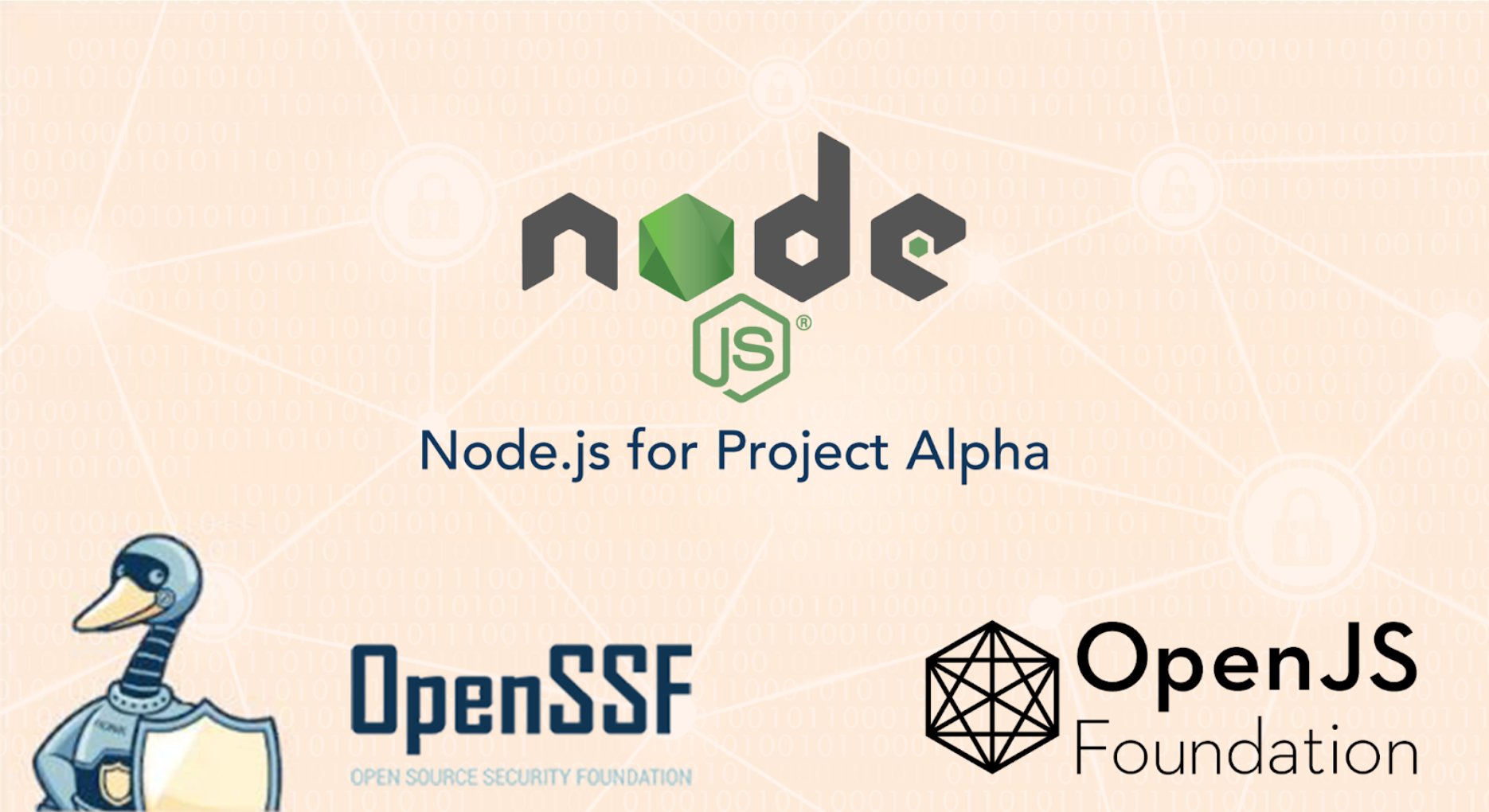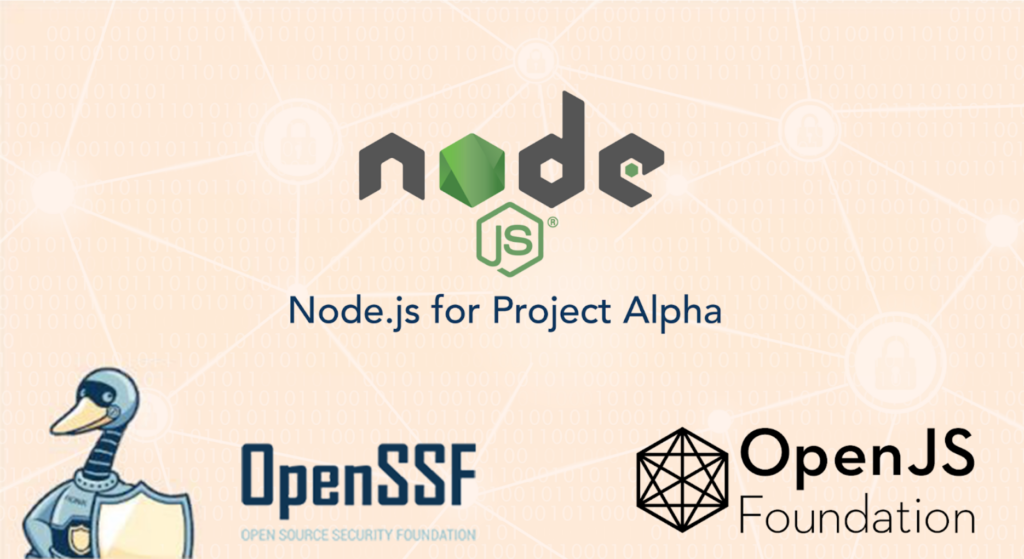By Caleb Brown and David A. Wheeler, on behalf of Securing Critical Projects Working Group
Today we’re pleased to announce the initial prototype version of the Package Analysis project, an OpenSSF project addressing the challenge of identifying malicious packages in popular open source repositories. In just one month of analysis, the project identified more than 200 malicious packages uploaded to PyPI and npm.
The Package Analysis project seeks to understand the behavior and capabilities of packages available on open source repositories: what files do they access, what addresses do they connect to, and what commands do they run? The project also tracks changes in how packages behave over time, to identify when previously safe software begins acting suspiciously. This effort is meant to improve the security of open source software by detecting malicious behavior, informing consumers selecting packages, and providing researchers with data about the ecosystem. Though the project has been in development for a while, it has only recently become useful following extensive modifications based on initial experiences.
The vast majority of the malicious packages we detected are dependency confusion and typosquatting attacks. The packages we found usually contain a simple script that runs during an install and calls home with a few details about the host. These packages are most likely the work of security researchers looking for bug bounties, since most are not exfiltrating meaningful data except the name of the machine or a username, and they make no attempt to disguise their behavior. Still, any one of these packages could have done far more to hurt the unfortunate victims who installed them, so Package Analysis provides a countermeasure to these kinds of attacks.
There are lots of opportunities for involvement with this project, and we welcome anyone interested in contributing to the future goals of:
- detecting differences in package behavior over time;
- automating the processing of the Package Analysis results;
- storing the packages themselves as they are processed for long-term analysis;
- and improving the reliability of the pipeline.
Check out our GitHub Project and Milestones for more opportunities, and feel free to get involved on the OpenSSF Slack. This project is one of the efforts of the OpenSSF Securing Critical Projects Working Group. You can also explore other OpenSSF projects like SLSA and Sigstore, which expand beyond the security of packages themselves to address package integrity across the supply chain.

